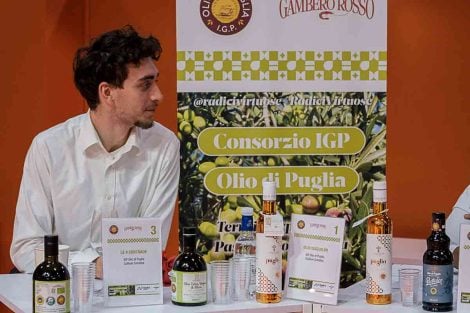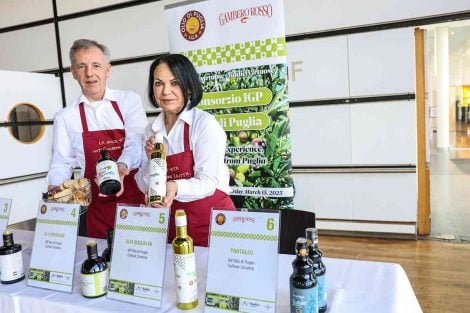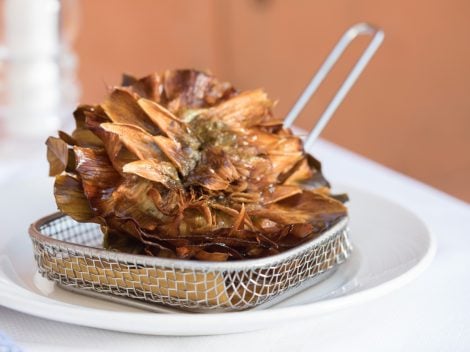Although Puglia has been focusing on producing increasingly precise and distinctive white wines in recent years, also highlighting some nearly forgotten varieties like Verdeca and Bombino Bianco, the soul of the region remains rooted in red wines. This is partly due to tradition, but the success of certain indigenous red grape varieties over the past few decades certainly encourages producers to focus on black-skinned varieties.

Among these, Susumaniello (the name refers to its high productivity, enabling it to "load up the donkey") is particularly noteworthy. Primarily cultivated in the province of Brindisi, it has been rediscovered in recent years both as a single variety, producing great red wines and very interesting rosés, and in blends with Nero di Troia and Malvasia Nera. Susumaniello is present in the Brindisi DOC, Salento IGT, Squinzano DOC, Tarantino IGT, and Valle d'Itria IGT denominations.
Among other indigenous black grape varieties in Puglia, Primitivo is the one with the largest planted area. The name likely derives from its early ripening. It is cultivated throughout much of the region, but its prime territories are the limestone hills of Gioia del Colle and the provinces of Taranto and Brindisi, where it is used to produce Primitivo di Manduria DOC.
Negroamaro is the other great regional champion, an ancient grape variety, possibly among the first imported by Greek colonists. The name is debated: some suggest that "amaro" refers to the power and density of its tannins, while others believe it derives from the ancient Greek "amauròs," meaning "dark, black," thus "black, black." The variety was once widespread in various southern Italian regions; today it is mainly cultivated in the provinces of Brindisi and Lecce.
Among the "outsiders," Malvasia Nera is gaining more ground. Usually used in blends, it can yield surprising results when vinified as a single variety. Of course, the ampelographic palette does not end with these three varieties: Bombino Nero, Nero di Troia, and other grapes like Montepulciano, Sangiovese, and Aglianico are also worth mentioning.
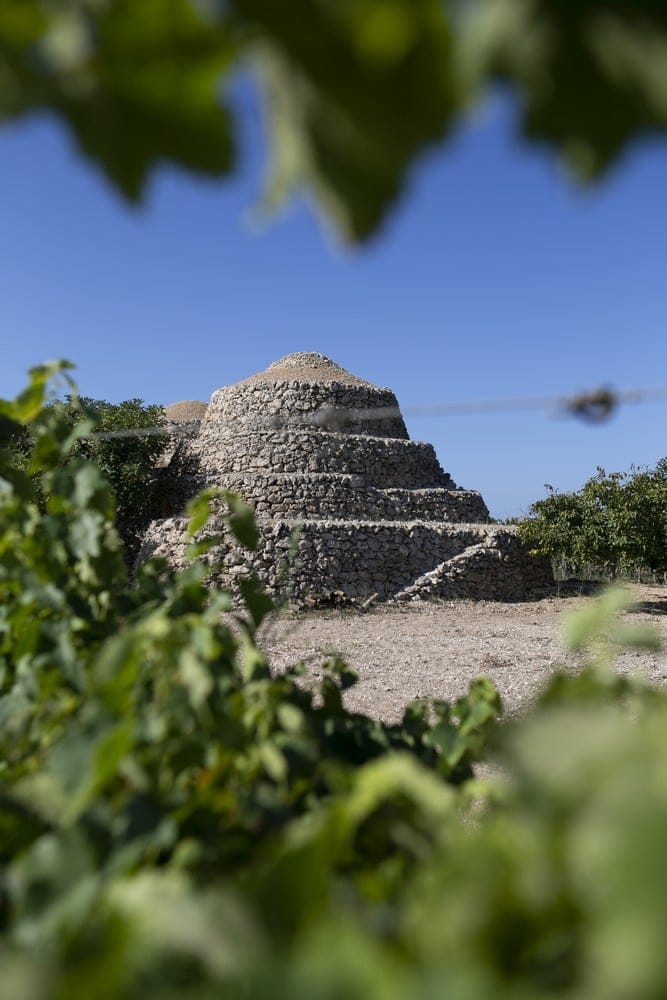
The best red and rosé Susumaniello wines
Here are the best red and rosé Susumaniello wines that received Tre Bicchieri and Due Bicchieri in the 2024 Gambero Rosso Italian Wine Guide.
Askos Susumaniello 2022 by Masseria Li Veli (Tre Bicchieri 2024).This wine features notes of black pepper and berries, followed by a fresh, juicy, and easy-drinking palate. The Falvo family’s vineyards are divided between those around the winery near Cellino San Marco, mainly dedicated to red grapes, and those in Valle d’Itria, focused on white varieties. The wines are modern in style, designed to best express both typicity and varietal character.
Brindisi Rosso Susumaniello Oltremé 2021 by Tenute Rubino (Tre Bicchieri 2024). This wine offers aromas of black olive tapenade, pepper, and berries, followed by a palate rich in fruit, savory, juicy, and full of verve. Tenute Rubino is a reference point for Brindisi viticulture, known for its ability to produce wines that express both quality and tradition. The estates span from the Adriatic coast to the Brindisi hinterland, with vineyards overlooking the Adriatic Sea and in the Primitivo di Manduria DOC near the Ionian Sea. The focus is on historical grape varieties, with particular attention to Susumaniello, also produced as a rosé.
- Brindisi Rosso Susumaniello Oltremé 2021 - Tenute Rubino
- Torre Testa Susumaniello Rosato 2022 - Tenute Rubino
Susumaniello Arlati '22 by Masseria Trullo di Pezza. This wine has notes of wild berries and liquorice, rich in fruit with sweet nuances on the finish. The Lacaita sisters’ estate mainly has vineyards on red limestone soils between Torricella, Maruggio, Lizzano, and Manduria. The traditional grapes include Primitivo, Negroamaro, Susumaniello, and Aglianico, with a focus on single-variety wines that are modern and technically well-made, emphasizing fruit richness and pleasantness.
Susumaniello Rosato 2022 by De Falco. One of the wines offered by the De Falco family estate, with vineyards entirely in the Salento region, particularly in the Salice Salentino and Squinzano denominations. The grapes include Negroamaro, Malvasia Nera, Primitivo, Verdeca, and international varieties like Chardonnay. The wines are modern in style, with good aromatic clarity and fruity tones.
Capirussu Susumaniello '22 by Cantine Santa Barbara. Well-crafted with notes of black fruits and aromatic herbs, this wine has a savory, smooth palate with a pleasing finish.
Duna Susumaniello '21 by Podere 29. Featuring aromas of cherry and marjoram, the palate is rich in fruit, tense, and juicy. In 2003, Giuseppe Marrano planted vineyards about 10 kilometers from the Margherita di Savoia salt flats, where the marine influence is significant. The focus is on native grapes like Nero di Troia, Susumaniello, and Primitivo. The wines have a modern style with a strong Mediterranean character, emphasizing fruit richness and aromatic clarity.
Kimìa Susumaniello Rosato 2022 by Tenute Chiaromonte. Produced by Nicola Chiaromonte and Paolo Montanaro, this wine comes from vineyards over 300 meters high on the mineral-rich karst soils of the Murge. The vineyards include over ten hectares of 60-year-old bush-trained Primitivo. The wines have extraordinary character and appeal.
Pietra Susumaniello 2022 by Menhir Salento. This wine comes from the Menhir Salento estate, owned by brothers Gaetano and Vito Marangelli. The wines are modern and precise, made to best express fruit richness and varietal character. The vineyards are supported by a négociant activity with trusted suppliers, monitored year-round by the estate’s staff. The focus is on traditional Salento varieties like Primitivo, Susumaniello, Negroamaro, and Fiano, including old vines.
Susumaniello '22 by Famiglia Buongiorno. This wine has notes of black fruits and black pepper, offering a pleasant and easy-drinking experience.
Susumaniello Rosato '22 by La Masca del Tacco. With aromas of mandarin and aromatic herbs, this wine is immediate and easy to drink. Acquired over ten years ago by Felice Mergè, owner of the renowned Poggio Le Volpi winery in Castelli Romani, La Masca del Tacco has vineyards in Brindisi, Lecce, and Taranto provinces, with both traditional and international varieties. The wines are modern and well-made, emphasizing aromatic clarity and fruit richness.
Susumaniello Rosè '22 by Varvaglione 1921. Pleasant with floral and pomegranate notes. Founded over 100 years ago, the Varvaglione family estate, now led by Maria Teresa and Cosimo, works with both estate-grown and contracted grapes. Over 30 labels are produced, divided into various production lines, with a focus on technical precision and territorial expressiveness.
Tenuta Serranova Susumaniello Rosé '22 by Agricole Vallone. Founded in 1934, Agricole Vallone spans three estates in some of Salento’s best areas. One is in the Brindisi DOC area with the modern winery, another in Salice Salentino DOC with nearly century-old Negroamaro bush vines, and the third in Carovigno within the Torre Guaceto nature reserve. The wines authentically express the territory and the grapes they come from.

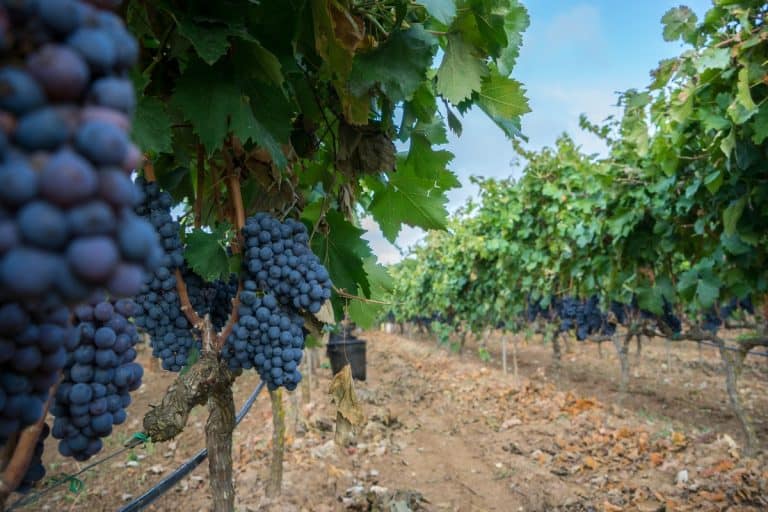
 Oenologist Riccardo Cotarella will also produce dealcoholised wine: "My first bottle will be out in October and it won’t be bad"
Oenologist Riccardo Cotarella will also produce dealcoholised wine: "My first bottle will be out in October and it won’t be bad" Dear natural wine world, enough with the constant polemics. If you don’t want to self-ghettoise, self-criticism is needed
Dear natural wine world, enough with the constant polemics. If you don’t want to self-ghettoise, self-criticism is needed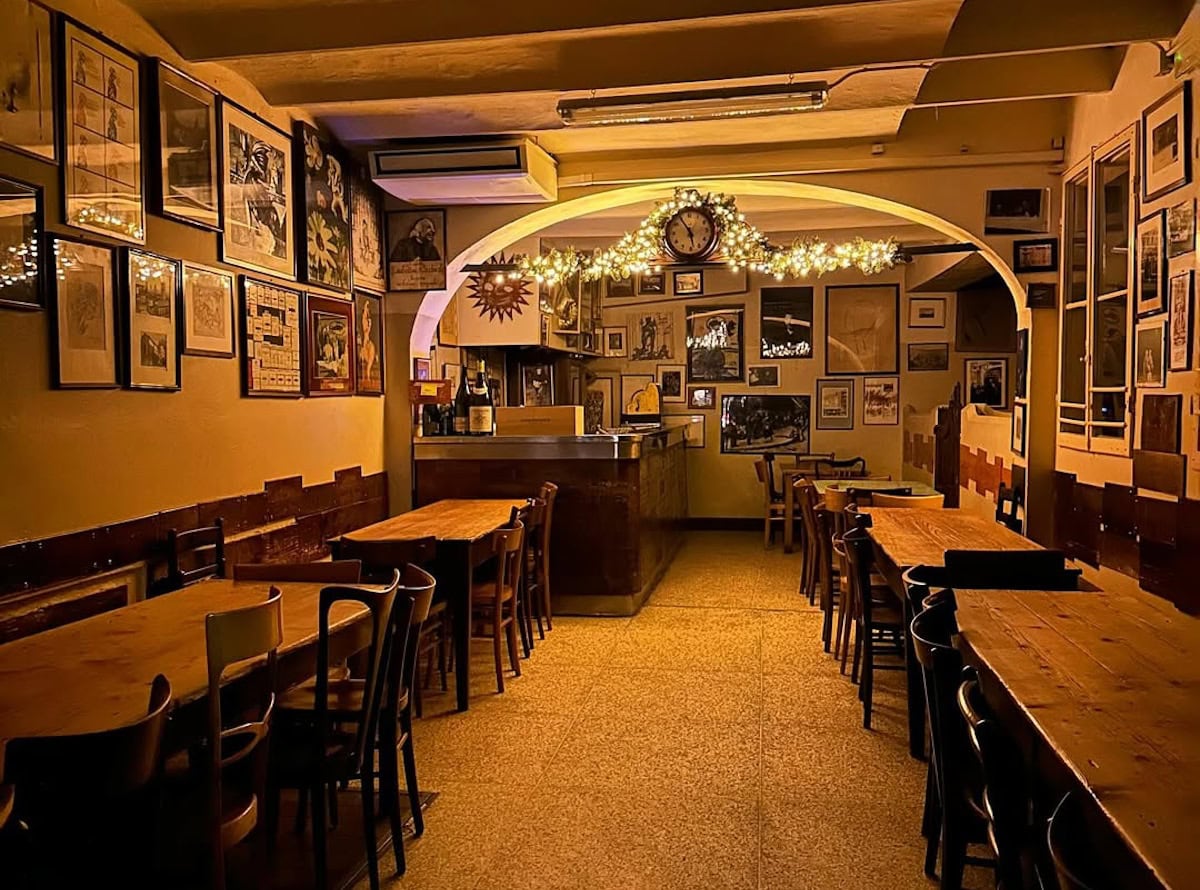 In Bologna, there is an ancient osteria where you can bring your own food
In Bologna, there is an ancient osteria where you can bring your own food Unknown genius: the Italian inventor of Cynar who was building electric cars and studying Artificial Intelligence 50 years ago
Unknown genius: the Italian inventor of Cynar who was building electric cars and studying Artificial Intelligence 50 years ago The 11 best-value Dolcetto wines from the Langhe
The 11 best-value Dolcetto wines from the Langhe